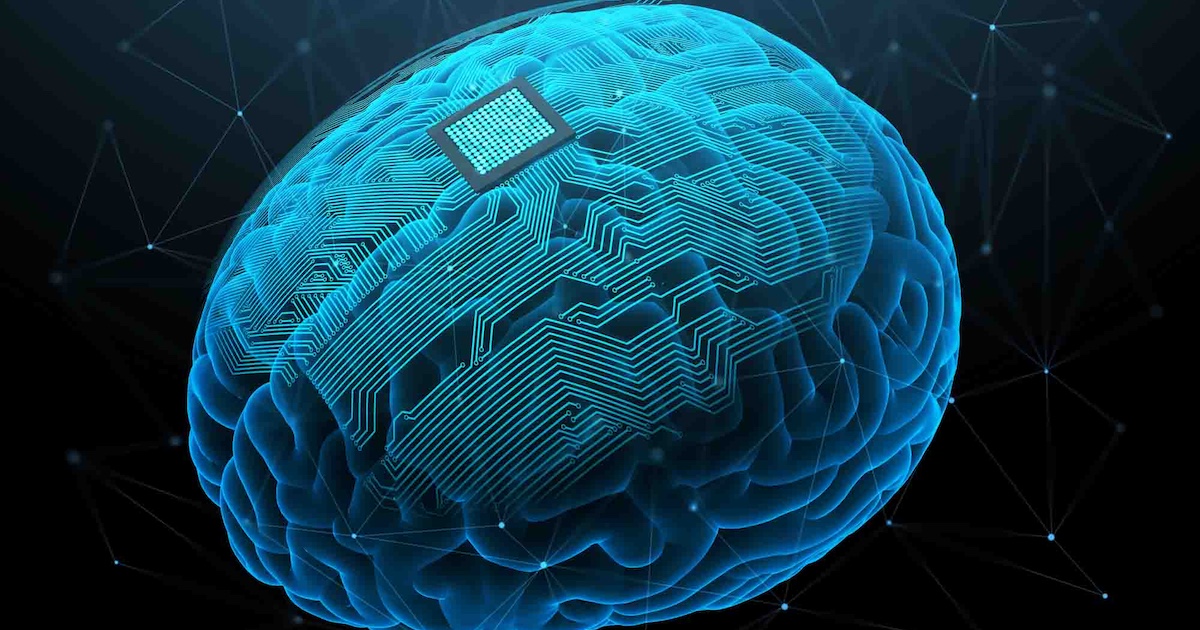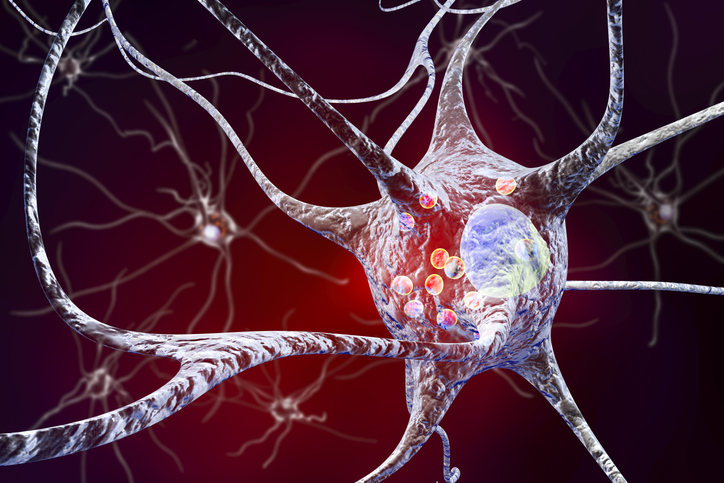
Precision Neuroscience, a brain-computer interface company that connects AI with human intelligence, has scored $93 million in a planned $100 million funding round, with the deal valuing the startup at around $500 million, according to a Bloomberg report that attributes the information to “a person familiar with the situation.”
WHAT IT DOES
Private company Precision Neuroscience offers a brain implant, the Layer 7 Cortical Interface, that conforms to the surface of one’s brain and allows for the operation of digital devices through thought.
Brain signals are recorded by thin-film electrodes and then translated by a local processing unit placed between the scalp and the skull. The information is then relayed to a connected digital device, allowing the user’s thoughts to be turned into actions. Layer 7 is currently in testing.
The New York-based company was founded by neurosurgeon Ben Rapoport, who was also a cofounder of Elon Musk’s brain implant company Neuralink, and Precision’s current CEO Michael Mager.
MARKET SNAPSHOT
Last year, Precision Neuroscience closed a $41 million Series B funding round, bringing its total raise at the time to $53 million.
Competitors of Precision include Elon Musk’s Neuralink, which was launched in 2016 and has raised over $685 million. Last year, the company secured $43 million in Series D funding, according to an SEC filing.
In September, Neuralink announced it received FDA breakthrough device designation for Blindsight, an implant that aims to restore vision in individuals who are blind.
Blindsight implants a microelectrode array into the visual cortex of a person’s brain. The array then activates neurons, which then provide the individual with a visual image.
Musk said that Blindsight will enable those who have lost sight in both eyes and their optic nerve to see as long as their visual cortex is intact, and it will even allow those blind from birth to see for the first time.
Boston-based brain-computer interface technology company Neurable is another player in the space, as is California-based company Science Corporation, which develops brain-computer interface technology and brain implants, such as its visual prosthesis, PRIMA, a retina implant aimed at restoring vision in patients who have lost their central visual field.





